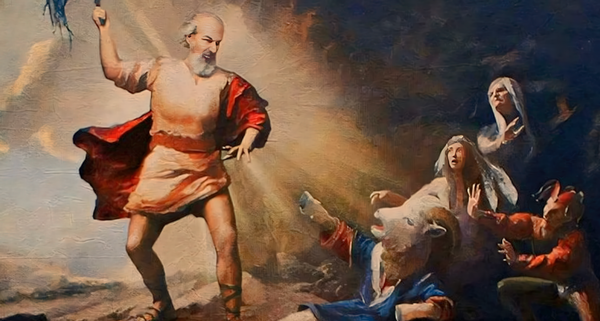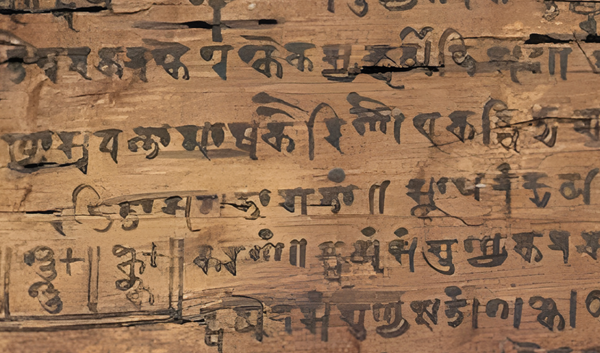The Rise of the Cylons

It's only a matter of time before Battlestar Galactica becomes a major motion picture. Why? Well, it's not because of the special effects (which are good) nor is it because of the acting (which is not always so good) - it's because the writers have tapped into the mythological themes that were only alluded to in the original series.
These mythological themes, or motifs, pull in people that would not ordinarily be interested in science fiction. The myth effect was an important component of the success of Star Wars and it looks like this fact was not lost on the writers of the new Battlestar series.
In Battlestar, the writers combine elements of Greek mythology and astrology to create a new, almost plausible, religion grounded in facts that seem to always be confirmed. If you're really interested, there is an excellent fan-based wiki here. There are several parallels with modern religion and new age spirituality. One of the most obvious is the 2,000 years since the ancestors left Kobal. It has also been 2,000 years since the birth of Jesus.
One of the most fascinating threads in this story is that time after time religious belief is confirmed by undeniable evidence - it makes the mythology very compelling - even to non-believers like Commander Adama. It also works to pull in the audience. There is an entire field of archeology, called Biblical Archeology, which works tirelessly to find concrete evidence of stories mentioned in the Bible. Their work hasn't done much better at establishing truth than alien abductees have done to confirm their abductions. In the end, they are both within the realm of faith. However, in Galactica, faith is rewarded in concrete evidence. In the Power of Myth series, Campbell spoke about how Han Solo was a reluctant hero that was less self-interested than he thought he was. Adama is another one of these figures that is a reluctant hero that seems to be moved by "invisible hands."
In the end, I think the mythology of Battlestar Galactica is a positive one. The monotheistic beliefs of Cylons are continually held in contrast to the polytheistic beliefs of humans. I think that just as monotheism won out in Western civilization, so to in Battlestar. The end of humanity and the rise of the Cylons (the children of humanity) seems to me inevitable. I think it also reflects a wide-spread belief swirling around in the world's collective unconscious. If we can view science fiction books and movies as any sort of gateway to current collective beliefs, I think most people today believe that we will someday be replaced by either machines or some sort of machine / human hybrid. Maybe I'm a little out of touch but that future seems inevitable (i.e. Dune, Star Wars, Star Trek, et. al.) In the final analysis, Battlestar Galactica is a story about hope. Compared with science, politics, or technology, mythology seems to be the best suited container for hope and I'm sure it will remain so for at least another 2,000 years. Check out the series, I highly recommend it.




